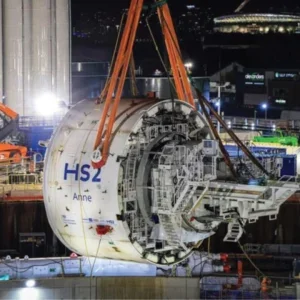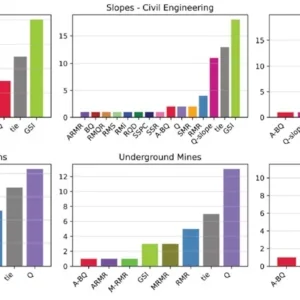Footballer Ryan Giggs and his mishandling of the fallout from his alleged love affair with reality TV non-celebrity Imogen Thomas should be a lesson to us all, as much as the growing trend for super injunctions, created by British courts, should be a warning to us.
While Giggs and other libidinous celebrities have merely been trying to cover up their misdemeanors of playing away, it should not be forgotten that super injunctions, which ban the press from even reporting their existence, have a much greater power and can be used for much more sinister ends.
The term super injunction was coined by the editor of London newspaper The Guardian Alan Rushbridger when reporting on an injunction taken by raw materials merchant Trafigura. The Trafigura injunction was taken to prevent the publication of an internal report into the 2006 Cote d’Ivoire toxic waste dump scandal. After it was referred to in a parliamentary question the injunction was amended to allow reporting of the question itself.
There is a real danger that injunctions and super injunctions will become the default position for a person or company facing possibly embarrassing or damaging publicity.
We work in an industry where often things don’t go to plan; it is the nature of tunnelling that we are constantly facing the unexpected. We get it wrong and sometimes we get it very wrong. What is important is what we do next.
There is a culture of fear attached to failure. A fear that failure leads to blame and blame leads to cost and compensation. This culture must be reversed.
Transparency is the sibling of progression. It is only through studying the successes and failures of others can you truly advance the understanding of methods, materials and equipment. And the benefits are self-evident. The greater our ability to build more ambitious tunnels and the more adverse the conditions we can face, the more the industry will be called upon.
Man’s greatest achievements have come off the hard work of many failed attempts. The Saturn V space rocket came after a long line of failed rockets but every failure lead to an improvement in the design and eventually culminated with man walking on the moon.
In 1881 the first exploratory tunnels were dug for the crossing of the English Channel between Great Britain and France. After numerous failed committees and two failed construction attempts, work was launched more than 100 years later in 1988 on the final and successful drives.
And holding tightly to the spirit of ‘if at first you don’t succeed try, try and try again’ is the Hallandsas tunnel in Sweden that is making strong progress after 17 years of false starts, each time reviewing the failures of the last attempt and adjusting the plan. If, with more powerful injunctions, we weave a larger and thicker carpet to sweep our mistakes and failures under, we will slow progress and hinder development to the detriment of the industry and all.
Sharing our successes and our failures is the only way to ensure we advance our understanding and out ability.
In the 12th Century a theologian called John of Salisbury said: “We are like dwarfs sitting on the shoulders of giants. We see more, and things that are more distant, than they did, not because our sight is superior or because we are taller than they, but because they raise us up, and by their great stature add to ours.”
Jon Young






